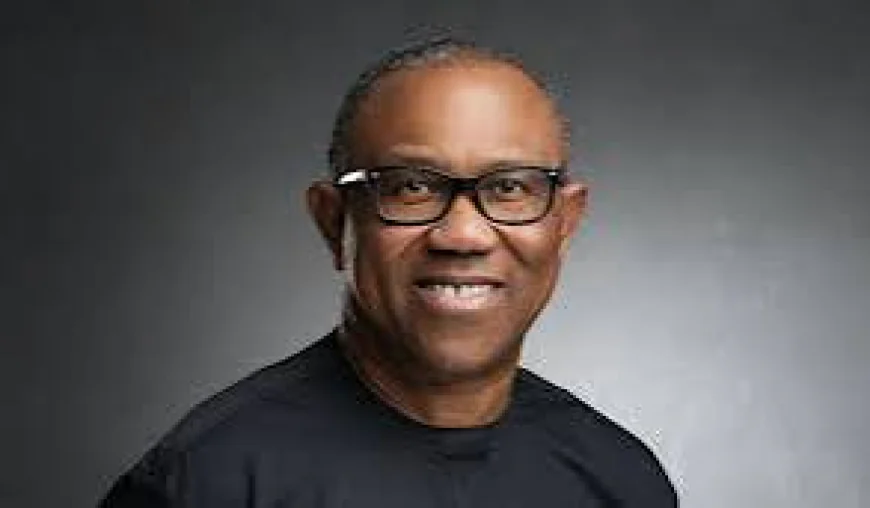Peter Obi: Nigeria’s Most Talked-About Politician and the Emerging Face of Opposition Ahead of 2027

Peter Obi has undoubtedly become the most talked-about political figure in Nigeria today, commanding widespread attention across traditional media, social platforms, and public discourse. His rise from a relatively modest political background to a national phenomenon is a testament to his unique blend of integrity, issue-based politics, and grassroots mobilization—qualities that continue to set him apart in Nigeria’s often personality-driven political landscape.
A former governor of Anambra State and the Labour Party’s presidential candidate in the 2023 general elections, Obi defied expectations by securing a strong third-place finish, winning key urban centers and making significant inroads among the youth and middle class. This electoral performance not only marked a shift in Nigeria’s political conversation but also signaled the beginning of what many now refer to as a political movement—the “Obidient” wave.
At the heart of Obi’s appeal is his reputation for transparency, accountability, and fiscal discipline. His governance record in Anambra is frequently cited as a model of prudent leadership, and his policy priorities—ranging from economic revival and job creation to security reform and anti-corruption—have resonated deeply with Nigerians disillusioned by years of stagnation and political distrust.
Now, with the 2027 elections on the horizon, Peter Obi has taken a decisive step by entering into a strategic alliance with the African Democratic Congress (ADC). The new coalition, which also includes other prominent opposition figures such as former Vice President Atiku Abubakar, aims to unite fragmented opposition forces and present a formidable alternative to the ruling All Progressives Congress (APC). This move underscores Obi’s growing influence as a coalition builder and a key figure in the national struggle to reshape Nigeria’s political direction.
However, despite his popularity among young, urban, and educated voters, Obi faces notable challenges. His support base remains limited in Nigeria’s rural north and among older, more conservative demographics. In addition, internal tensions within the emerging coalition—particularly around power-sharing and leadership roles—may pose obstacles to presenting a unified front.
Notably, Obi has maintained that he is not interested in a running mate position and has pledged to serve only one term if elected president. This stance has further galvanized his supporters, who view it as a rare commitment to public service over personal ambition, but it has also raised questions about his willingness to compromise within the broader opposition framework.
As the political climate intensifies in the lead-up to 2027, Peter Obi remains at the center of Nigeria’s national conversation. Whether he can convert widespread enthusiasm into lasting political change will depend on his ability to bridge regional divides, solidify coalition partnerships, and sustain momentum in a complex and evolving political environment.
One thing is clear: Peter Obi is no longer just a candidate—he is a movement. And in today’s Nigeria, he is shaping not only the race for power but the vision of leadership itself.


